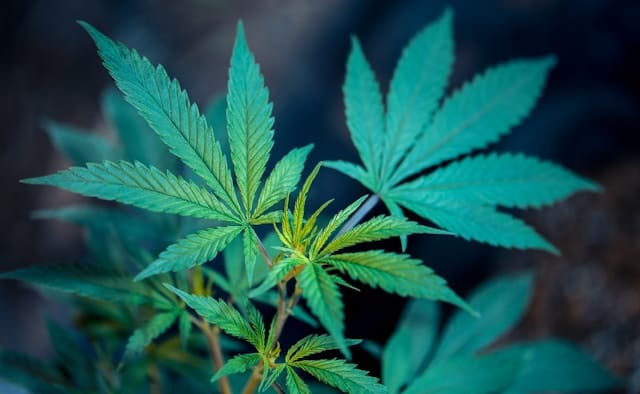Two acquitted, four still on trial in Georgia’s explosive activist drug possession cases
In Georgia’s capital, a courtroom victory for two young activists has cast new light on a series of controversial drug possession cases linked to pro-European protests. Yet while Tbilisi City Court freed them, four others remain trapped in trials widely condemned as political theatre.
On 15 August, Judge Tamar Mchedlishvili acquitted 22-year-old Tedo Abramov, who had faced the terrifying prospect of 8 to 20 years in prison — or even life. He had spent eight months in detention after police claimed to discover 4.4 grams of MDMA in his jacket. From the start, Abramov insisted the charges were fabricated to punish him for his role in anti-government demonstrations.
His release comes just days after another rare acquittal. Judge Romeo Tkeshelashvili cleared Giorgi Akhobadze, also accused of large-scale drug possession. Akhobadze had been stopped in his car on Queen Tamar Avenue, searched, and accused of carrying more than three grams of alpha-PVP. Like Abramov, he was detained on 7 December 2024 and spent eight months behind bars.
Embed from Getty ImagesThe pair’s acquittals mark only the second and third instances of protesters walking free, fuelling anger at what rights groups and lawyers describe as a deliberate crackdown. More than 60 demonstrators have been detained since last year’s rallies against the ruling Georgian Dream party, with many branded political prisoners by civil society groups.
Despite the back-to-back acquittals, four others still face trial under eerily similar circumstances. They include former journalist Nika Katsia, Russian activist Anton Chechin, and a Russian couple, Anastasia Zinovkina and Artem Gribul. All four insist they are innocent, claiming drugs were planted by police to silence their activism.
Katsia, 42, was stopped near his home as he headed to a rally. Police initially found nothing but later accused him of carrying 14 grams of cocaine — the heaviest charge among the group. Chechin, a Russian dissident from Siberia with a history of anti-Putin activism, was arrested outside his home and accused of possessing four grams of alpha-PVP. He also suffers from a serious medical condition requiring constant monitoring.
Zinovkina and Gribul, both anti-Kremlin activists who fled Russia, were arrested in December while preparing to leave Georgia for Europe. Police alleged they were carrying drugs despite no independent witness or video evidence.
Across all five cases, the same disturbing pattern emerges: arrests based on vague “intelligence reports,” searches without video recordings, claims of resistance used to justify the lack of evidence, and interpreters tied to Georgia’s interior ministry used as so-called “neutral witnesses.”
The court’s reasoning in the acquittals was blunt. In both Abramov’s and Akhobadze’s cases, judges concluded that the prosecution had offered “insufficient evidence of proper quality.” Yet the outcome is far from typical. Acquittals in politically sensitive cases are rare in Georgia, where critics say trials are used as tools to intimidate dissent.
For activists still awaiting verdicts, hope is fading. “These acquittals don’t mean the system works,” one rights observer told JAMnews. “They are exceptions. The majority of protesters are still being crushed by fabricated charges and unreliable testimony.”
The acquittals have also raised questions about the motives of the ruling Georgian Dream party. Some analysts suggest the government is attempting to showcase isolated acts of “judicial fairness” while continuing to jail other activists to maintain pressure on the protest movement.
For Abramov, freedom after eight months is bittersweet. He emerged from court to cheers from family and supporters, but his case has become a symbol of how quickly dissenters can be swallowed by a judicial process seen as compromised.
Meanwhile, Katsia, Chechin, Zinovkina and Gribul remain in legal limbo, their futures resting on courts that critics say rarely deliver justice when politics is involved
